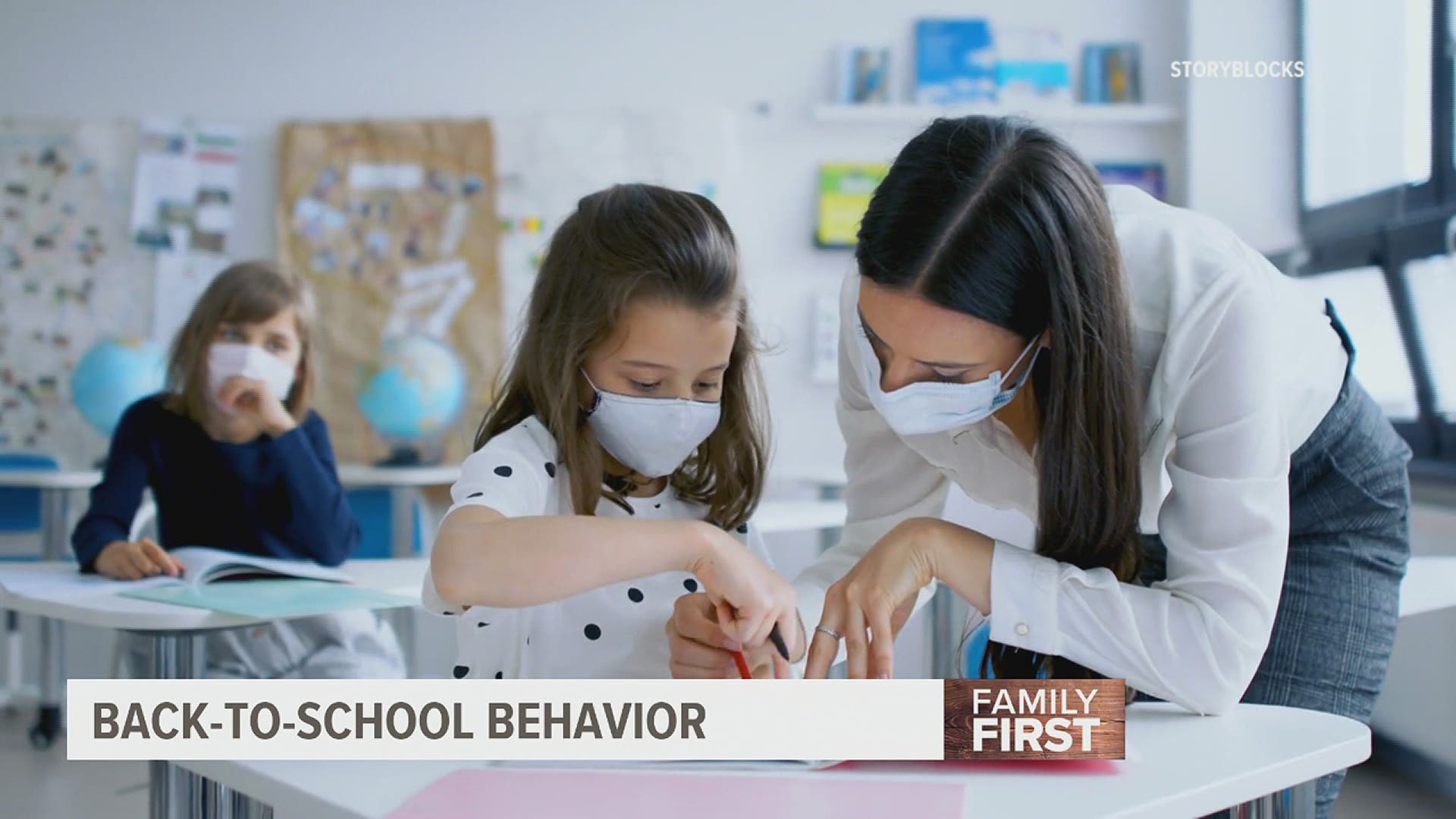PENNSYLVANIA, USA — With the COVID-19 pandemic keeping many kids at home for virtual learning over the better part of the past year, mental health experts are warning parents and teachers to be prepared to see potential behavioral issues once students are thrust back into an in-person school setting.
Uncommon issues like crying, hitting, and biting inside the classroom could impact how a teacher responds, ultimately negatively impacting other students' learning opportunities. The same applies to the family dynamic, as the way a parent reacts to their student's hesitancy in going back to class could have long-lasting impacts on the child.
"Children love routines and breaking routine is probably one of the most challenging things any child faces, let alone a full family unit," Dr. J.P. Shand, a psychiatry physician with WellSpan Health said. "What you can often see when they fall out of their routines is resistance and anxiety."
Dr. Shand expects to see a spike in anxiety when children return to school this fall, before their "full resilience," as he puts it, kicks in, and they are able to overcome the behavioral concerns.
If a student is showing behavioral issues at school, Dr. Shand says the first thing a teacher should do is validate the child's feelings. Children may show extra aggression towards a teacher or other students. They may also make negative-natured, or hurtful comments towards others. Sitting down with that student, and talking to them about their concerns, is far more beneficial, Shand says, than lashing out.
"These kids may be struggling with social engagement, and misjudging how they could be, or should be acting in social situations," Dr. Shand said.
Parents should watch for signs before their kids even get to school. Shand says children have shown a hesitancy in getting ready for school, if not an all out avoidance of any activities related to going to school.
"I just heard a story of a child clinging on and white-knuckling the sides of a bus door," Shand said. "They had to be pried off to go into school. These kids are really struggling to adapt or re-adapt in going outside the home for long periods of time."
Concerns over self-harm and even suicide in children as young as elementary school age are still front-and-center for mental health professionals, even as the pandemic nears its end.
Dr. Shand recommends having open dialogues with children consistently and trying to make it a conversation families can have around the dinner table.
"How are you feeling and how can I validate those feelings, and how can I help you with those feelings?" Shand asked.

